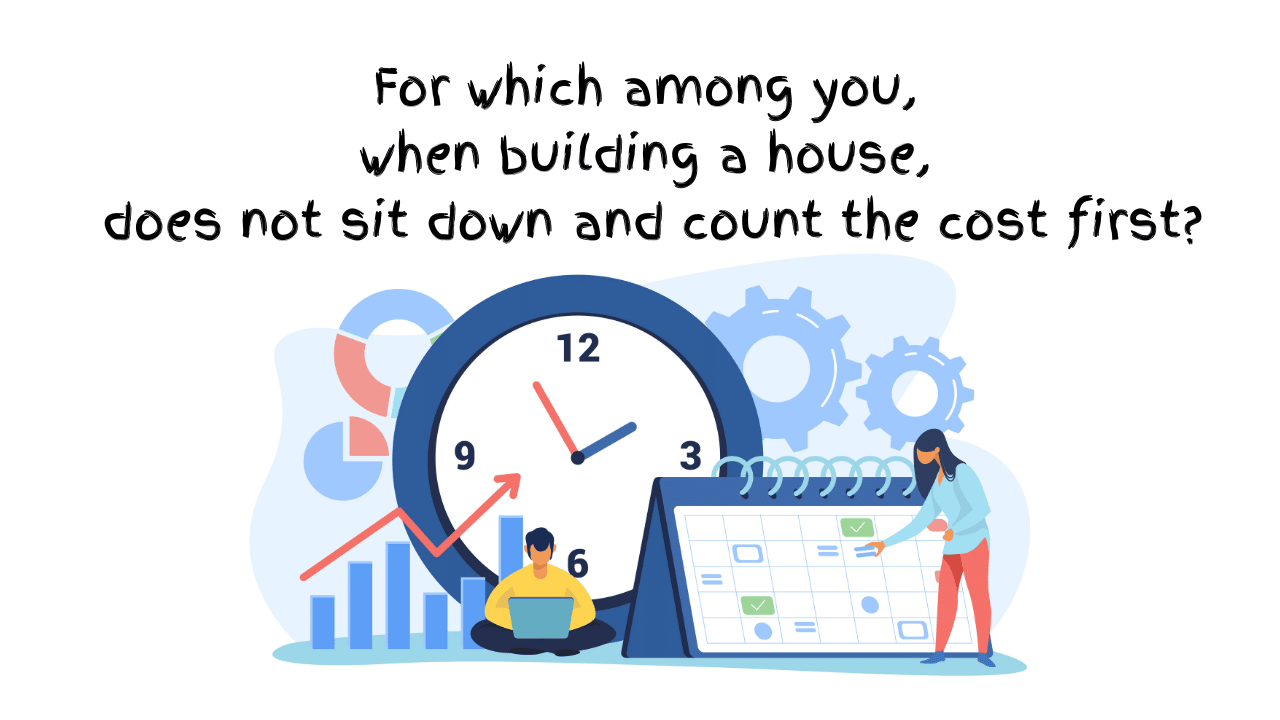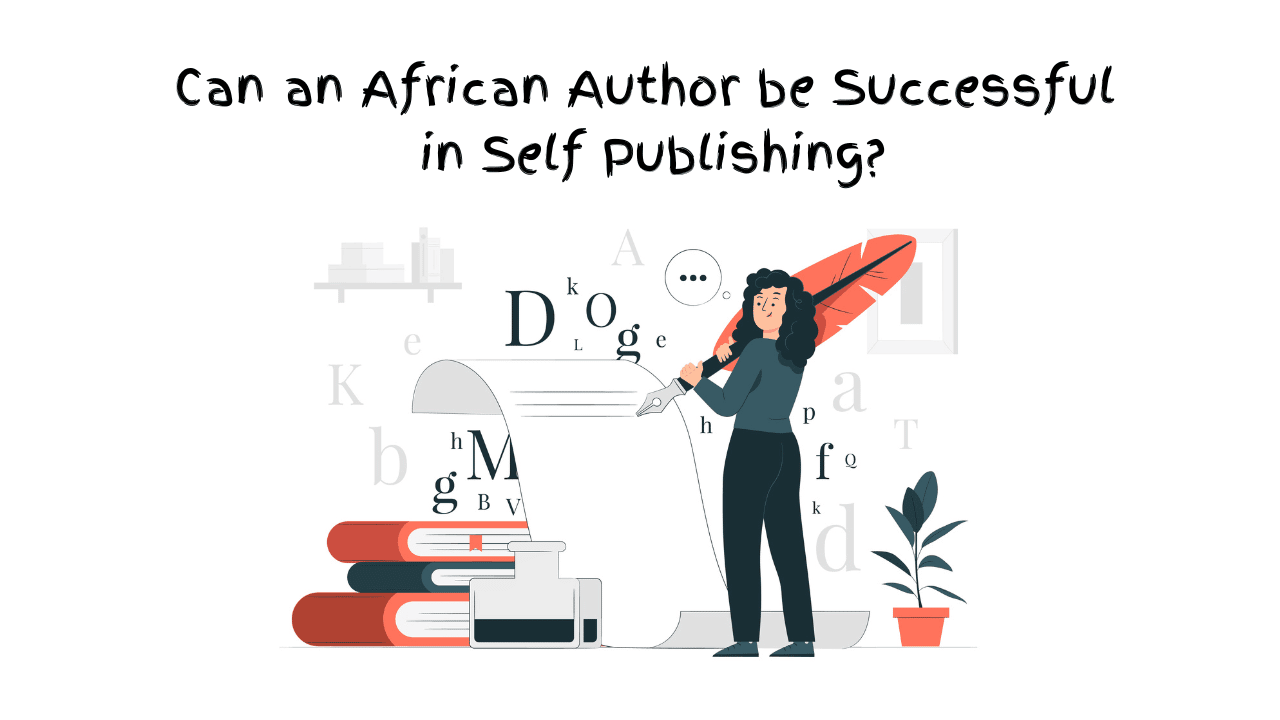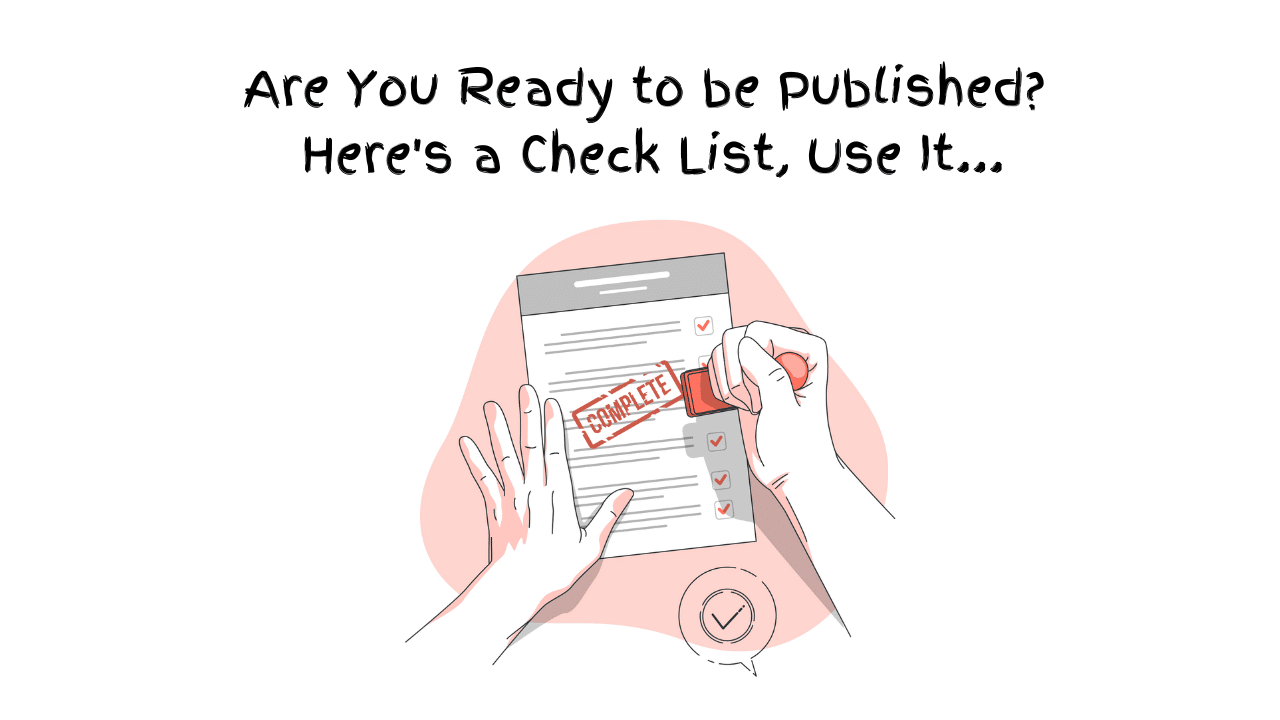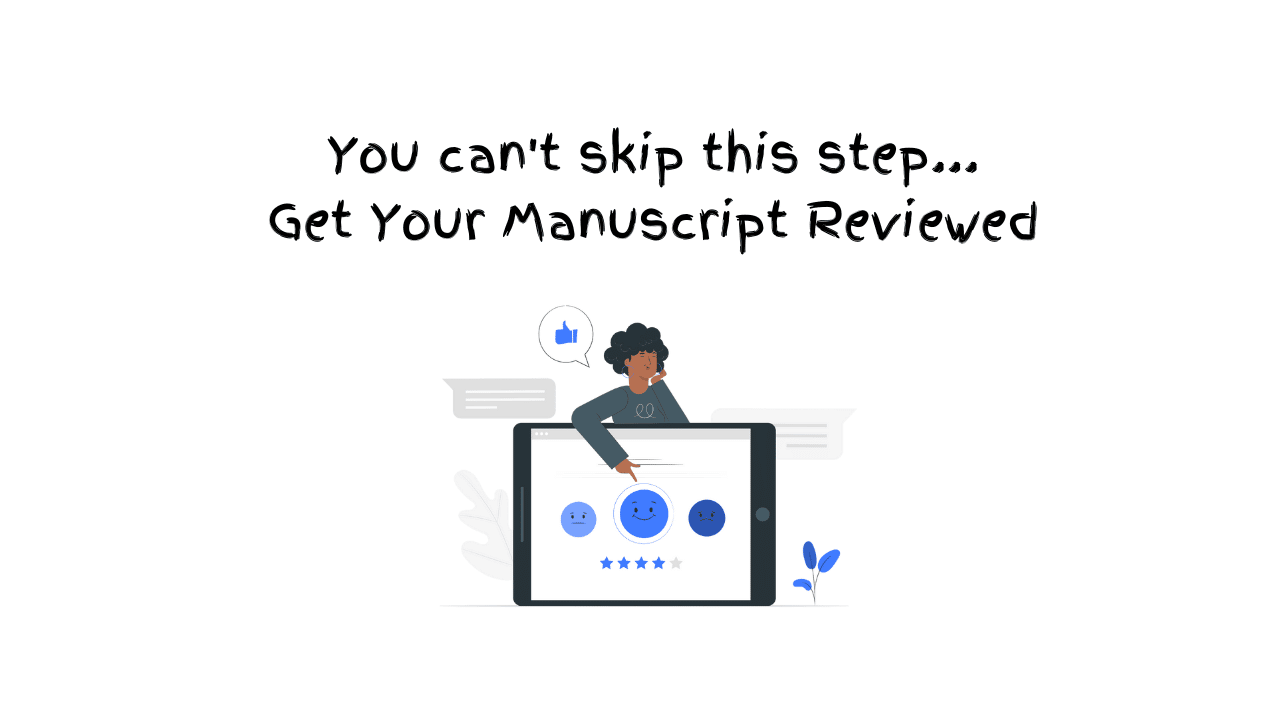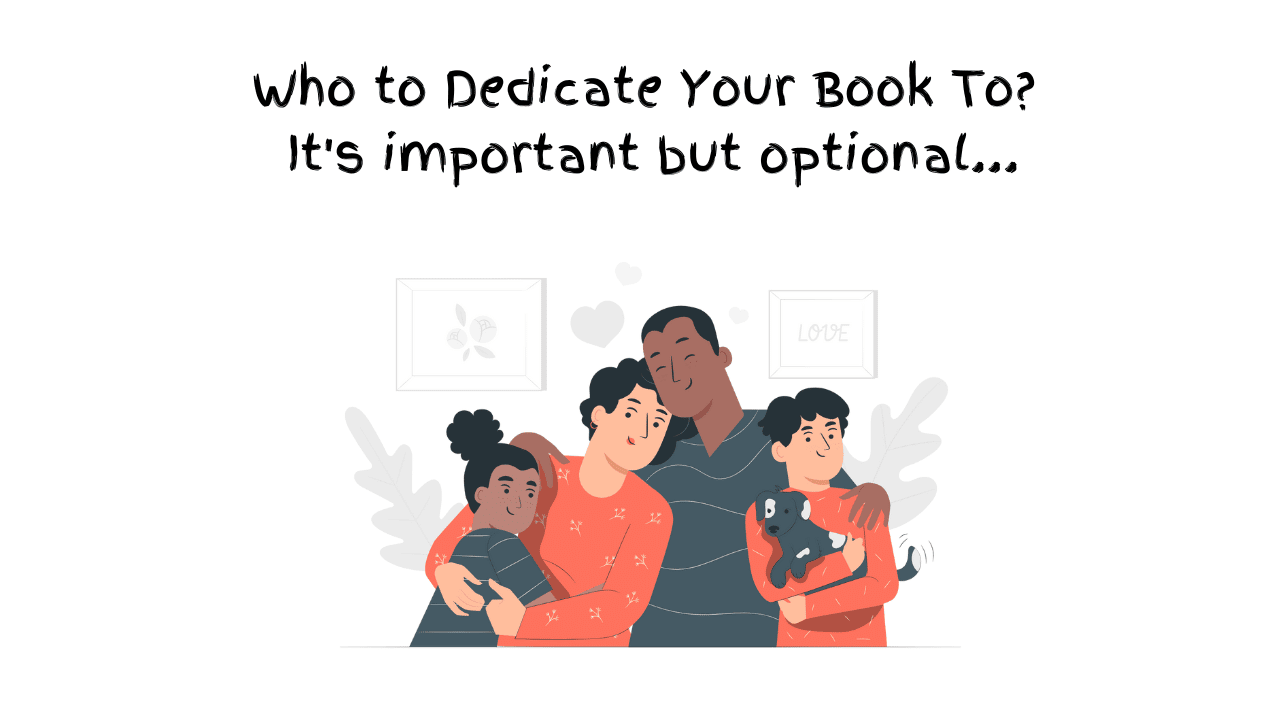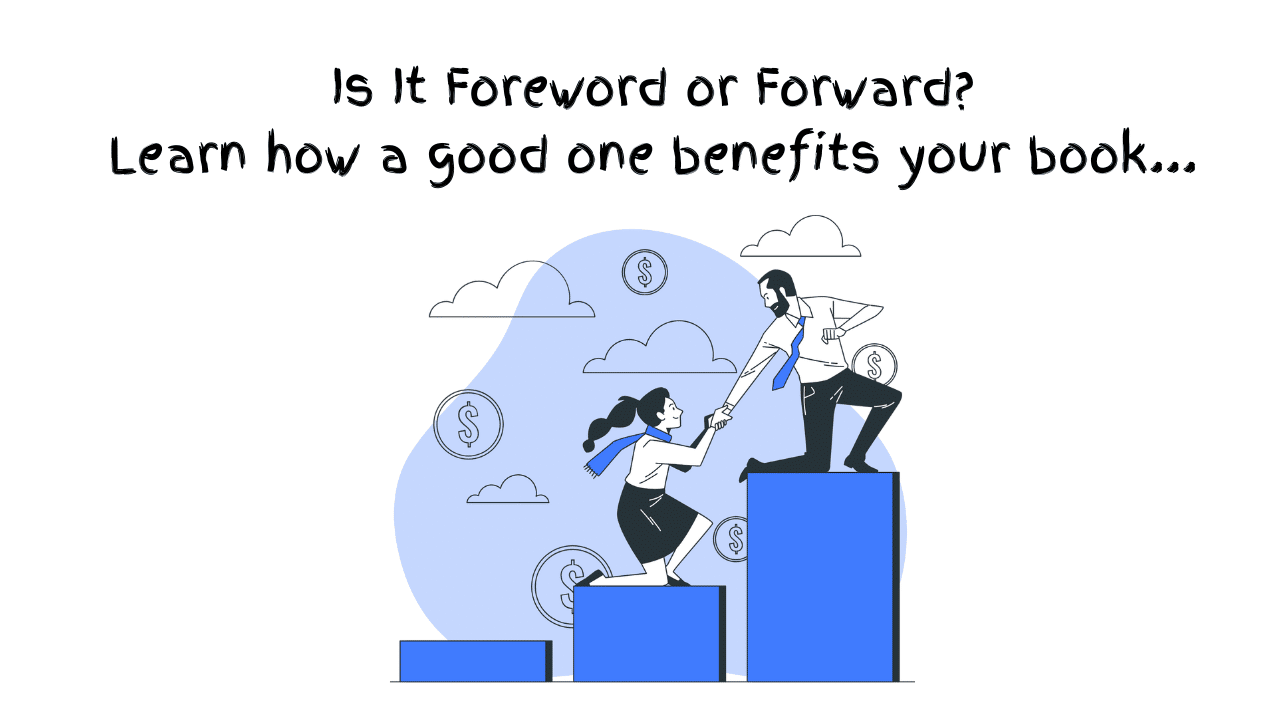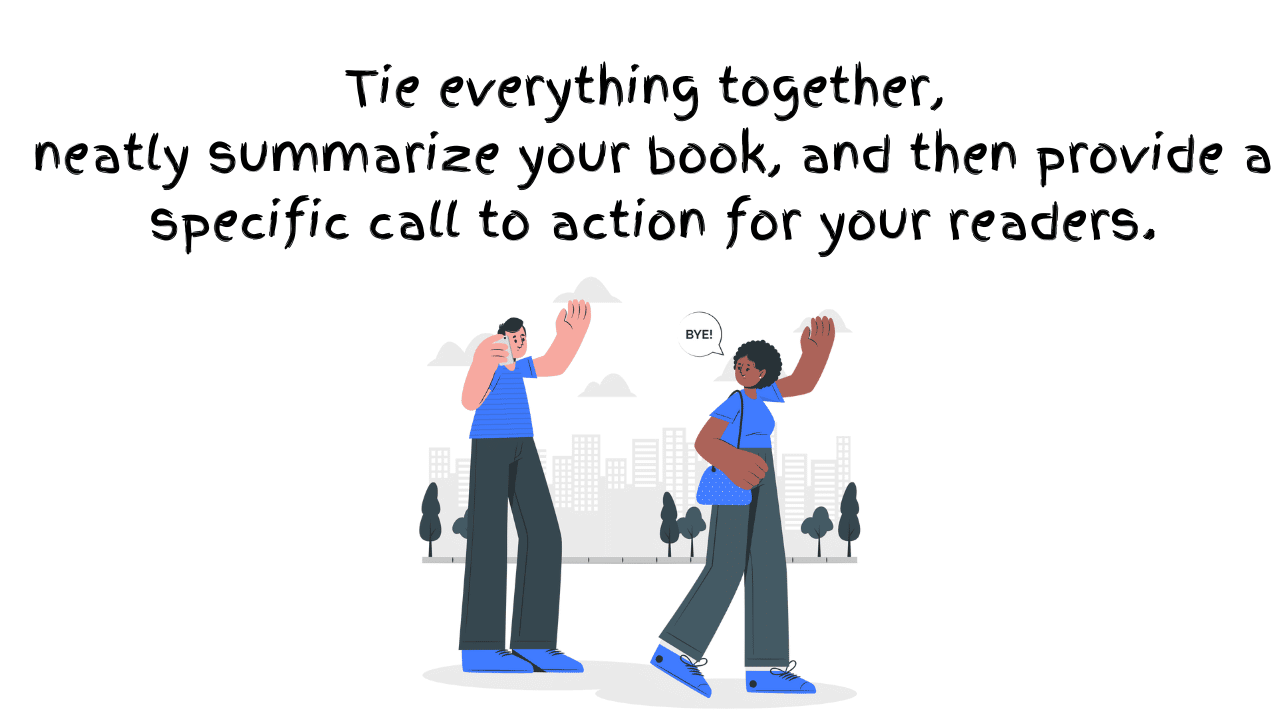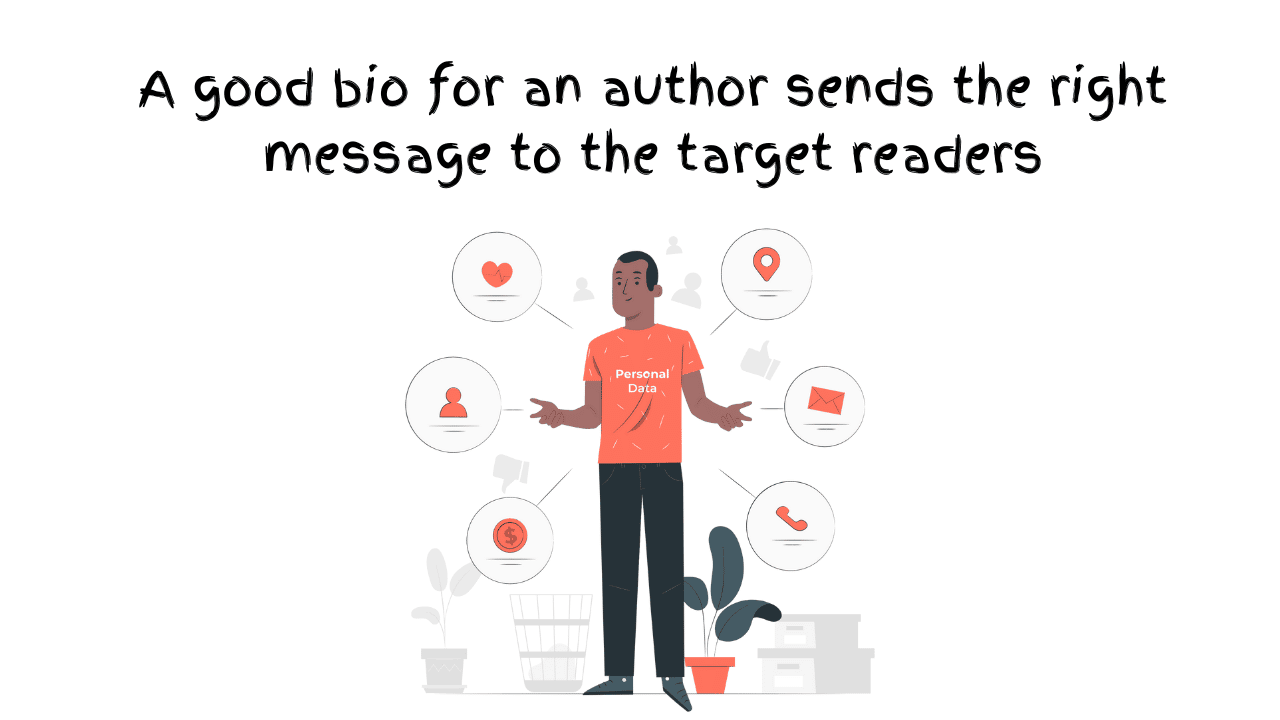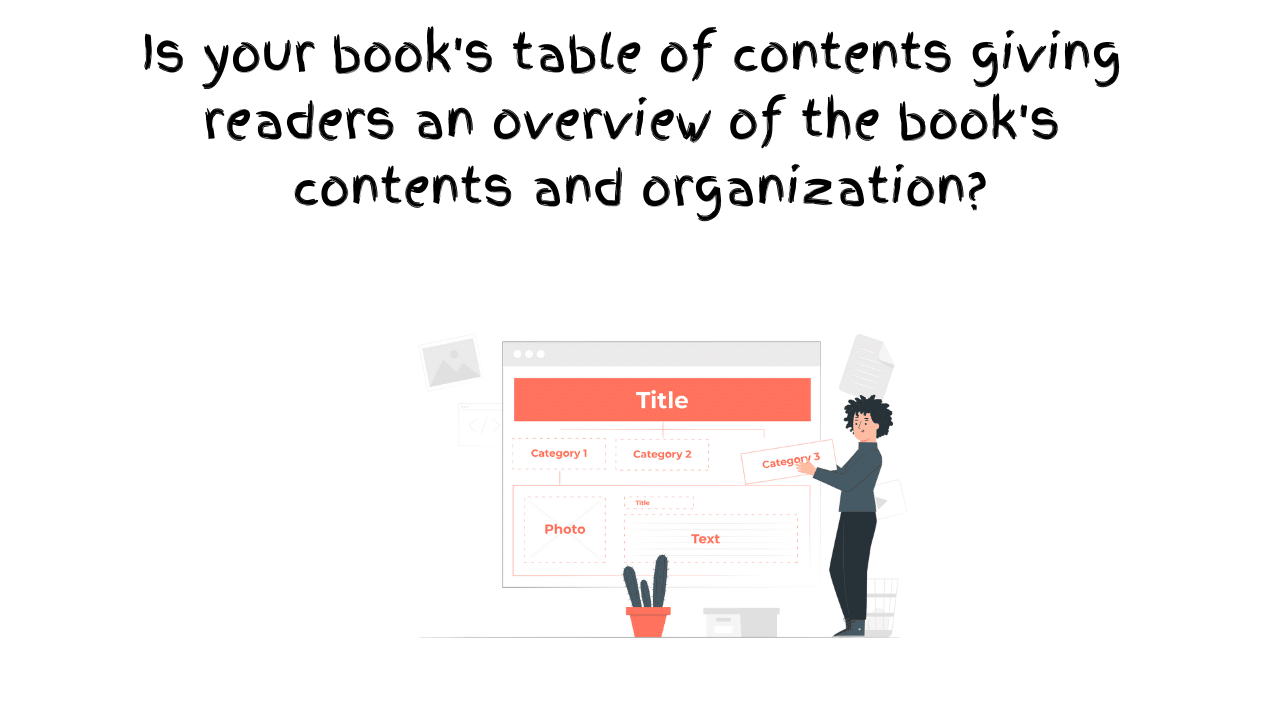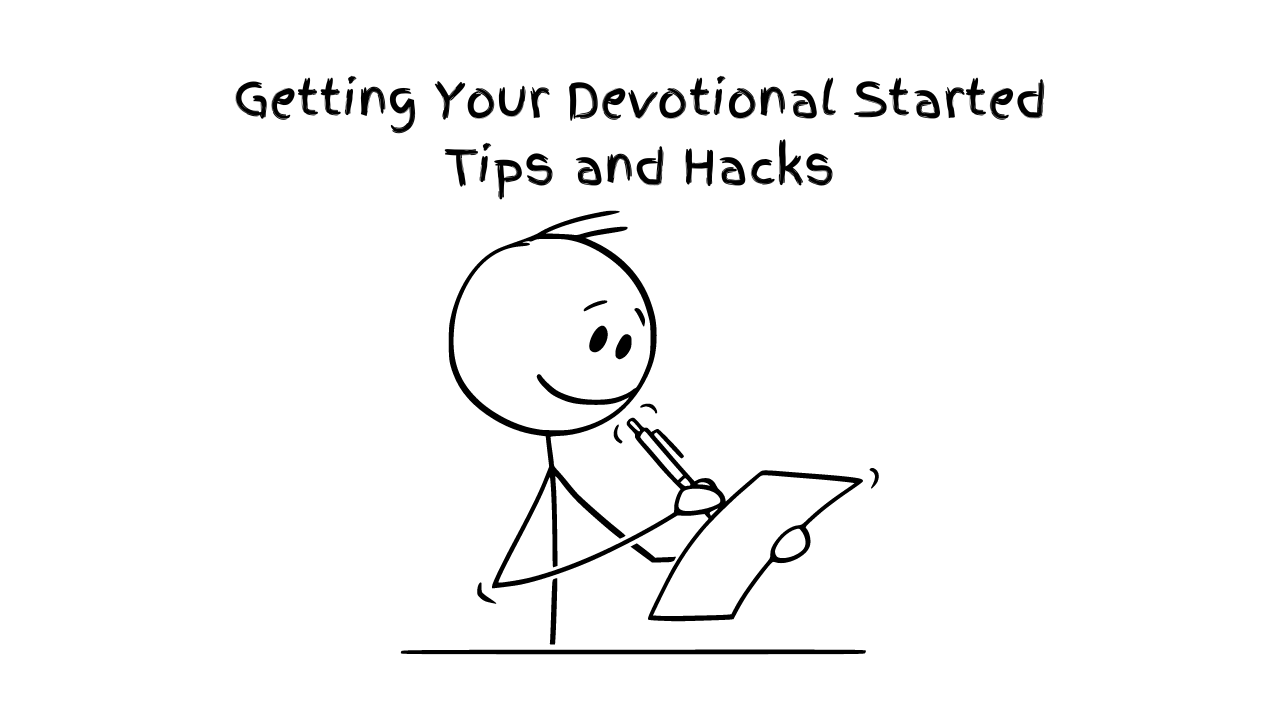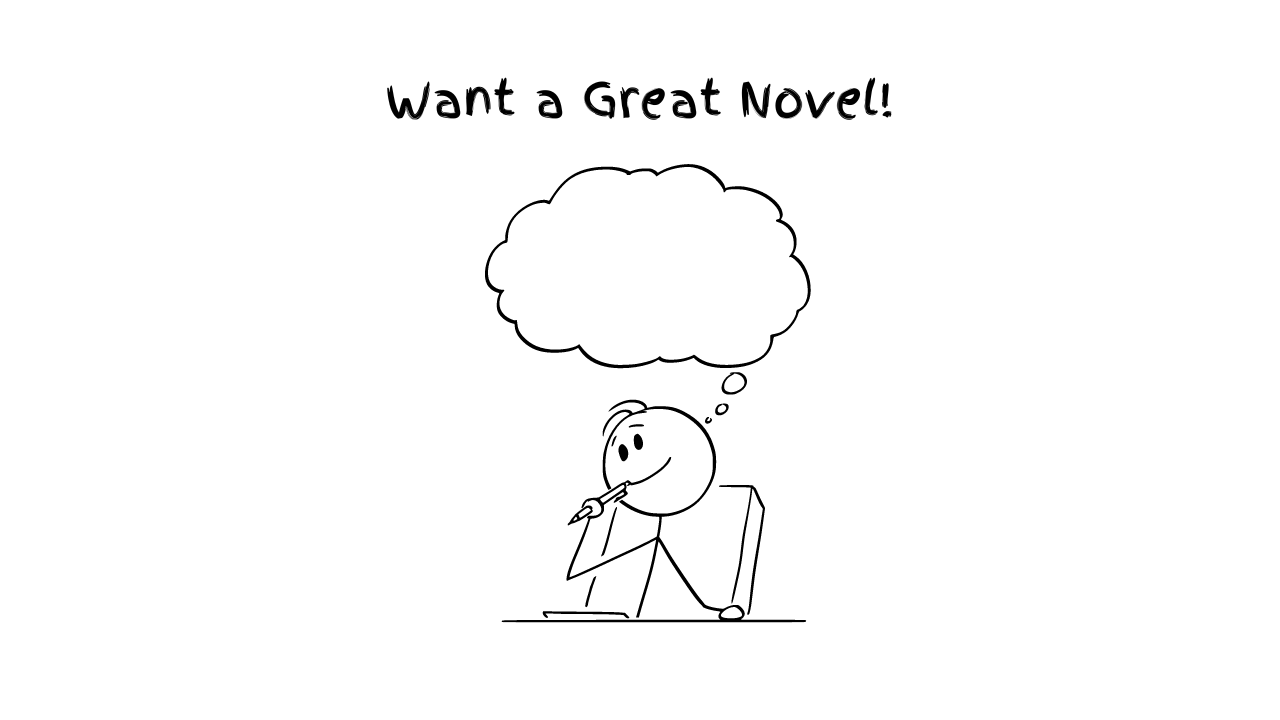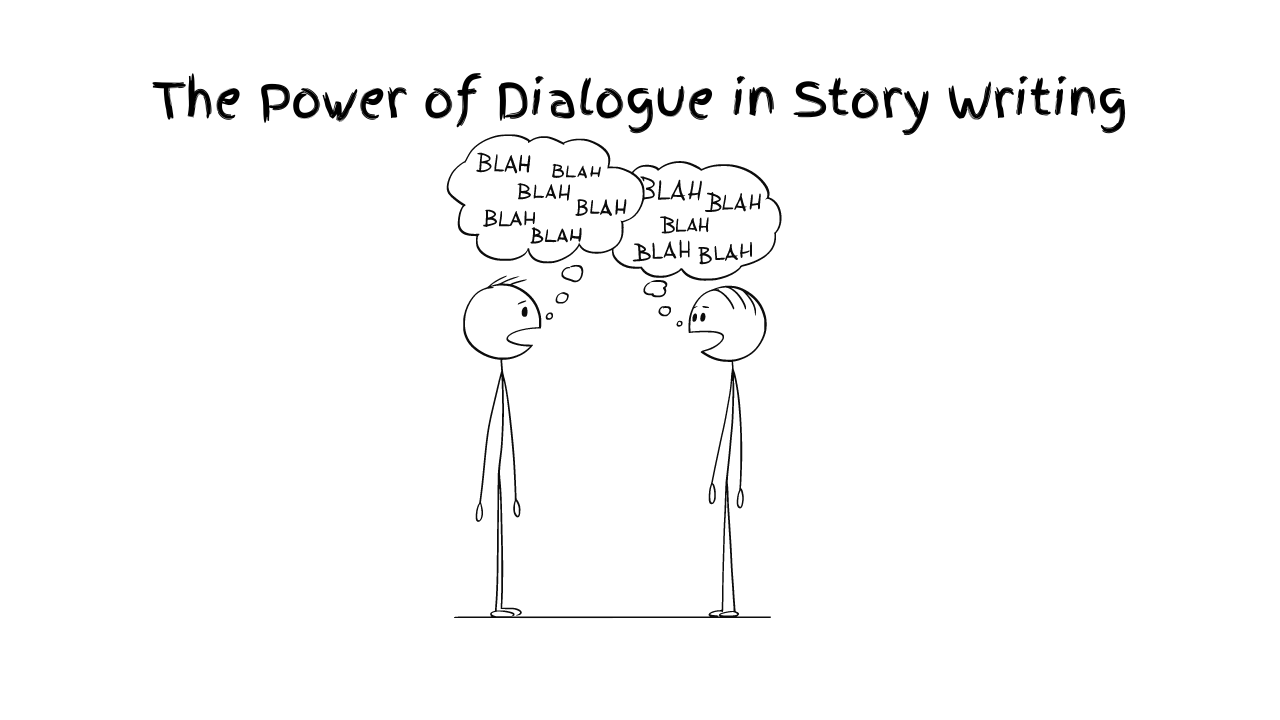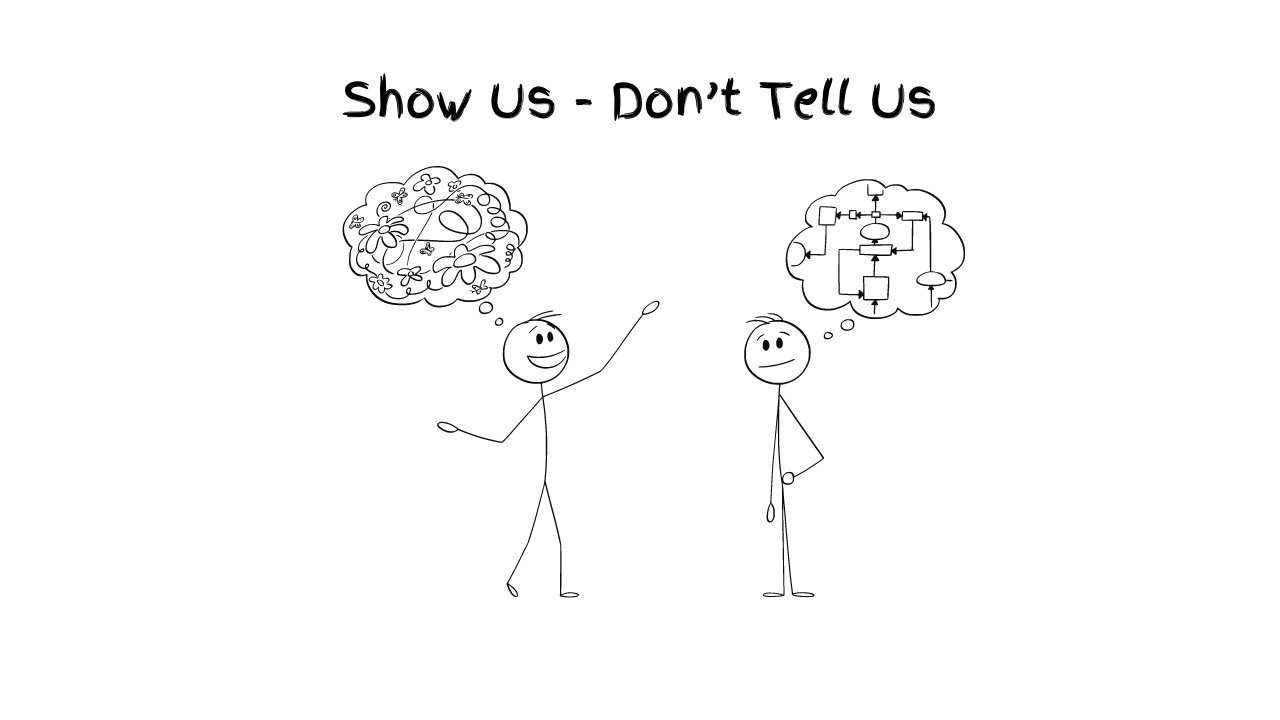These are questions to ask yourself while deciding whether to publish traditionally or to self publish. Both methods allow access to large readerships and have the potential to be greatly fulfilling for authors.
Jesus, while talking to the disciples about following Him, asked them to count the cost. The same Scripture applies to authors today – you have to count the cost from the beginning to ensure you don’t stop at some point in your book project’s journey.
For which one of you, when he wants to build a watchtower [for his guards], does not first sit down and calculate the cost, to see if he has enough to finish it? Otherwise, when he has laid a foundation and is unable to finish [the building], all who see it will begin to ridicule him, saying, ‘This man began to build and was not able to finish!’ Or what king, when he sets out to meet another king in battle, will not first sit down and consider whether he is strong enough with ten thousand men to encounter the one who is coming against him with twenty thousand? Or else [if he feels he is not powerful enough], while the other [king] is still a far distance away, he sends an envoy and asks for terms of peace. Luke 14:28-32Amp
The Cost of Self Publishing
Time:
While most aspects of writing depend on factors that vary greatly among authors, getting a book traditionally published is a notoriously time-consuming process. First, your manuscript must be accepted by a publishing house, which is an ordeal in and of itself; most houses accumulate a “slush pile” of manuscripts that takes months to work through (if ever!).
Once the publisher reads your pitch, they may still choose to reject it, but take heed: many authors—including incredibly successful ones have had their manuscripts rejected by several publishing houses before they were offered a book deal. So don’t give up too easily.
If your manuscript is accepted by a publishing house, putting the book together and printing it require many months. It can sometimes take several years to put a new book on the shelves.
With self publishing, however, you personally (with the help of professionals), edit, proofread and design the layout of your book as well as determine how many copies will be printed. This greatly expedites the publishing process. You could be holding a copy of your book in about twelve months. If you decide to self publish an e-book, which is possible in several online platforms like Kindle Publishing and Books for My Soul (among others), it could be on the digital market in much shorter period.
If you choose to do Hybrid Publishing, where a publishing house handles the process for you at your cost, you can release the book to be published as you focus on your vocation or writing your next book.
Money and Responsibility:
There is a good reason that traditional publishing takes so long: many experts collaborate to design a high-quality product. Once the manuscript is polished, the author’s work is done. It’s up to the publishing house to design, prepare, print, and promote your book.
If you self publish, you’re on your own although you should work with different book experts to give yourself a competitive edge and with great publishing power comes great financial responsibility.
Writing the manuscript is just the beginning of the process. You must comprehensively edit and proofread the book; commission cover art; organize the book’s contents (layout) taking into consideration the relevant fonts, style and flow fitting to your target readers; manage the printing process; decide how many copies to order; market and publicize your work; as well as set up a distribution strategy.
While traditional publishing houses foot the bill for all of these steps, if you go the self publishing route, each cost will come out of your own wallet. Keep in mind that though a publishing house will cover all of these costs, it will also keep a cut of the book’s profits. If you self publish, every shilling you make is your own.
It’s up to you to weigh the pros and cons of the route you take and decide what you can and cannot live with. Some of the weighty cons can be mitigated by joining an authors group to receive continued support, fellowship, training and focus on your book project.
Control:
Because traditional publishing houses aim to maximize profits, editors may want to adjust your book to make it more marketable. Sometimes, authors are not happy with these changes. It takes a great deal of trust to allow someone else to rearrange your work.
Many authors prefer to maintain control over all elements of their writing. If the thought of an editor going through your manuscript with a red pen to permanently alter your content makes your hair stand on end, you may prefer self-publishing, as it allows you to decide which parts of your book to keep and which parts to cut.
That said, you will still need to work with editors in self publishing and they will suggest cutting off some parts and adding others. It’s important for you to receive this expertise input to make your book shine. The only difference is that in self publishing you have more control to decide the final outcome.
The Choice Is Yours
Determining which publishing route is right for you boils down to personal preferences pertaining to all of these (and other) factors. Would you prefer that experts handle the details, or would you like to have plenty of input in the publishing process? Are you determined to see your book stocked at major retailers, or do you trust your own marketing abilities?
Next, we will look at the Requirements for Self Publishing.
Article by Muthoni Mercy Omukhango National Director at CLC Kenya - impacting lives with Christian literature || Convener of African Christian Authors Book Award - Recognizing, Celebrating and Promoting quality in Christian authorship in Africa.
Step1: Prepare Yourself to Get Published…
Are you ready to publish your book? Here is how you need to prepare. Have your manuscript ready and explore the oprions available today. If you are stuck in getting it started or finished, there is several ways to get help. Explore and get published today!
Read MoreStep2: Let’s Talk About Publishing
The self-publishing landscape has changed considerably in the past two decades with new technologies such as the Internet, and the $1 billion markets continuing to change at a rapid pace. Increasingly, there are numerous alternatives to traditional publishing, and self-publishing is becoming the first choice for writers.
Read MoreStep3: Factors to Consider Before Self Publishing
Jesus, while talking to the disciples about following Him, asked them to count the cost. The same Scripture applies to authors today - you have to count the cost from the beginning to ensure you don't stop at some point in your book project's journey.
Read MoreStep4: Requirements for Self Publishing
Are you ready to be published? Use our 4 points check list and tick 'Published Author' box so you can move on to the next God-given assignment...
Read MoreStep5: Publishing Steps – Review
Is your manuscript due for a review towards getting published? The major focus during manuscript review is the general quality of the book. It is important to establish the overall completeness, scope and readership of the manuscript and whether the presentation and accessibility of the book is suitable. #RaisingAfricanVoices
Read MoreStep5a: How to Write a Book Dedication
A book dedication is a way for you, the author to bestow a high honor on a person (or a group of people) you wish to praise or otherwise spotlight. This dedication note is often short and usually focused on one person (or a specific group of people). It’s supposed to be personal, rather than professional. It goes on the dedication page, which is in the very front of the book, after the title page. Here's how to write one. #RaisingAfricanVoices
Read MoreStep5b: How to Write a Book’s Foreword
A well-written foreword can function as the ultimate third-party recommendation or endorsement for your book, generating interest and helping when it’s time to market your book. Here are the benefits of forewords and a guide to writing one. #RaisingAfricanVoices
Read MoreStep5c: How to Write a Book Introduction
Are you stuck on writing your book introduction? Here's how to... Hook the reader right from the beginning with a personal story from your life, a funny story, a joke, or just an interesting fact that causes him/her to want to continue reading. #RaisingAfricanVoices
Read MoreStep5d: How to Write a Book’s Conclusion
If your readers are in the conclusion chapter, it also means they read the whole book, they liked it, and now they want you to wrap it up. So don’t rash it. Give them what they want. Here's how to write a good conclusion for your book. #RaisingAfricanVoices
Read MoreStep5e: How to Write an Author’s Bio
People are looking for reasons why they should spend their time reading what you have written. You need to instill confidence in your readers that you are knowledgeable on the subject matter by writing an appropriate bio. Here's how to write one. #RaisingAfricanVoices
Read MoreStep5f: How to Write a Book’s Blurb
A blurb is a short yet descriptive account of the book that goes on the back cover or within the book sleeve of a hardcover book. It includes any information that represents the book best and intrigues the readers and shoppers to pick the book off the shelves. Here's how to write one... #RaisingAfricanVoices
Read MoreStep5g: What to Include in the Copyright Page and Complete the Copyrighting Process
Copyright law gives creators of original material the exclusive right to further use and duplicate that material for a given amount of time, at which point the copyrighted item becomes public domain. Here's what you need to know. #RaisingAfricanVoices
Read MoreStep5h: How to Write an Acknowledgment
An acknowledgment section in a book provides the space to go into lenghty details in thanking the people who were sources of inspiration and support for your book and life. Here'show to write one. #RaisingAfricanVoices
Read MoreStep5i: How to Write a Table of Contents
A table of content shows the things that are held or included in something. In the book industry, it is a list of the chapters or sections given at the front of a book or periodical. Here's how to write one... #RaisingAfricanVoices
Read MoreStep6a: How to Write a Devotional
A devotional book is a literary work designed to provide spiritual inspiration, guidance, and reflection for readers seeking to deepen their faith and relationship with God.
Read MoreStep6b: How to Write a Captivating Novel
A great novel is a complex interplay of various elements, but some key components often contribute to its greatness.
Read MoreStep6c: How to Use Dialogue in Story Writing
Effective dialogue is characterized by authenticity, clarity, and relevance to the story. It should sound natural and believable, reflecting the unique voices and perspectives of the characters. Dialogue tags, such as "said," "asked," and "replied," help identify speakers and maintain clarity in conversations.
Read MoreStep6d: How to Use ‘Show Don’t Tell’ in Story Writing
"Show don't tell" is a fundamental principle in storytelling that encourages writers to use descriptive language, actions, dialogue and scenes to reveal information to the reader, rather than simply telling them outright.
Read MoreStep6e: How to Elevate a Flat Non-fiction Christian Book to Make it Personal and Engaging
"Show don't tell" is a fundamental principle in storytelling that encourages writers to use descriptive language, actions, dialogue and scenes to reveal information to the reader, rather than simply telling them outright.
Read MoreStep6f: Ethical ways to use other people’s public stories in a non-fiction Christian book
"Show don't tell" is a fundamental principle in storytelling that encourages writers to use descriptive language, actions, dialogue and scenes to reveal information to the reader, rather than simply telling them outright.
Read More